Portraits of a Resurrection People: Philemon and Onesimus
ReferEnce texts:
Philemon 1-25
Overview:
In this week’s portrait, we enter the story of Philemon and Onesimus—a story of fractured relationship, social hierarchy, and the radical call to reconciliation. In a culture shaped by status and entrenched systems, Paul’s letter doesn’t lean on authority or coercion but appeals “through love,” inviting Philemon to receive Onesimus not as a slave, but as a brother. Rooted in the resurrection, this appeal disrupts the norms of the ancient world and reveals what resurrection identity looks like: a life reoriented by love, marked by mutual belonging, and committed to healing the divides that death has made. Paul models that the methods are the message, and that following the risen Jesus means embodying a cross-shaped love that transforms how we live, lead, and relate. The resurrection doesn’t just change individuals—it reshapes communities into the likeness of Christ.
Reflection questions:
What do you notice about Paul’s posture in this letter? How does he use his influence differently than expected?
What kind of relational risk is Paul asking Philemon to take? What risks are involved in reconciliation today?
Paul appeals “through love” rather than authority. How does that reflect resurrection-shaped leadership?
What are some of the social hierarchies or systems in your world that resurrection might call you to see differently?
Where are you being invited to live out a resurrection identity—rooted in love, mutuality, and presence?
Practices:
🟤 Embody Reconciliation
Think of a relationship, tension, or social divide you are aware of—large or small. How might resurrection love invite you to take a first step toward presence, repair, or reimagining mutual dignity this week?
🟤 Practice Costly Solidarity
Like Paul absorbing Onesimus’ debt, consider where you might bear cost for the good of another. This could be with your time, your comfort, your status, or your resources.
🟤 Imagine the Fourth Act
We never learn how Philemon responded. Take time in prayer or journaling to imagine what a faithful response might have looked like. What might it look like in your own life to respond to Jesus’ resurrection with love that risks reconciliation?
Prayer Prompt:
God of resurrection,
you call us into lives reoriented by love.
Where coercion is easy, you invite us to appeal through grace.
Where division is normal, you make a way for reconciliation.
Teach us to see one another not by status or role,
but as siblings in Christ, joined in your body, shaped by your Spirit.
May our relationships reflect your resurrection—
love that costs, presence that heals,
and hope that moves through the fractures of this world.
Amen.

